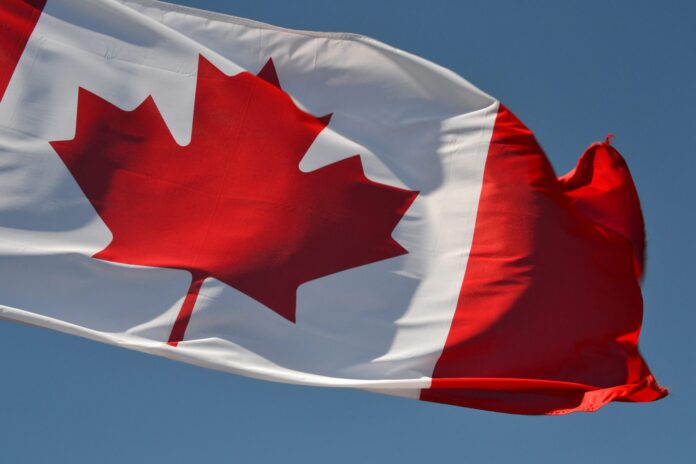In a significant escalation of trade tensions, Canada is poised to announce a staggering C$29.8 billion in retaliatory tariffs against the United States.
This move comes in direct response to U.S. President Donald Trump’s controversial steel and aluminum tariffs, which have stirred up a storm in international trade relations.
The backdrop to this conflict is Trump’s recent implementation of increased tariffs on all steel and aluminum imports, a strategic maneuver aimed at reshaping global trade dynamics to favor American interests.
This bold step has not only prompted swift pushback from Canada but has also drawn the ire of the European Union, which plans to impose counter tariffs on U.S goods valued at approximately $28 billion starting April 1.
Canada, known as the largest foreign supplier of steel and aluminum to the U.S., finds itself at the center of this brewing trade war. As tensions rise, the stakes are high for both nations, with potential repercussions that could ripple through the global economy.
The timing of Canada’s retaliatory measures coincides with a pivotal political transition as Prime Minister Justin Trudeau is set to hand over the reins of power to his successor, Mark Carney, who recently emerged victorious in the leadership race of the ruling Liberal Party.
Carney, who will officially take office later this week, has indicated that he will refrain from direct communication with Trump until he is sworn in.
As the trade war intensifies, all eyes will be on how the new leadership in Canada navigates this complex landscape and whether diplomatic avenues can be explored to ease tensions between the two neighboring countries.










